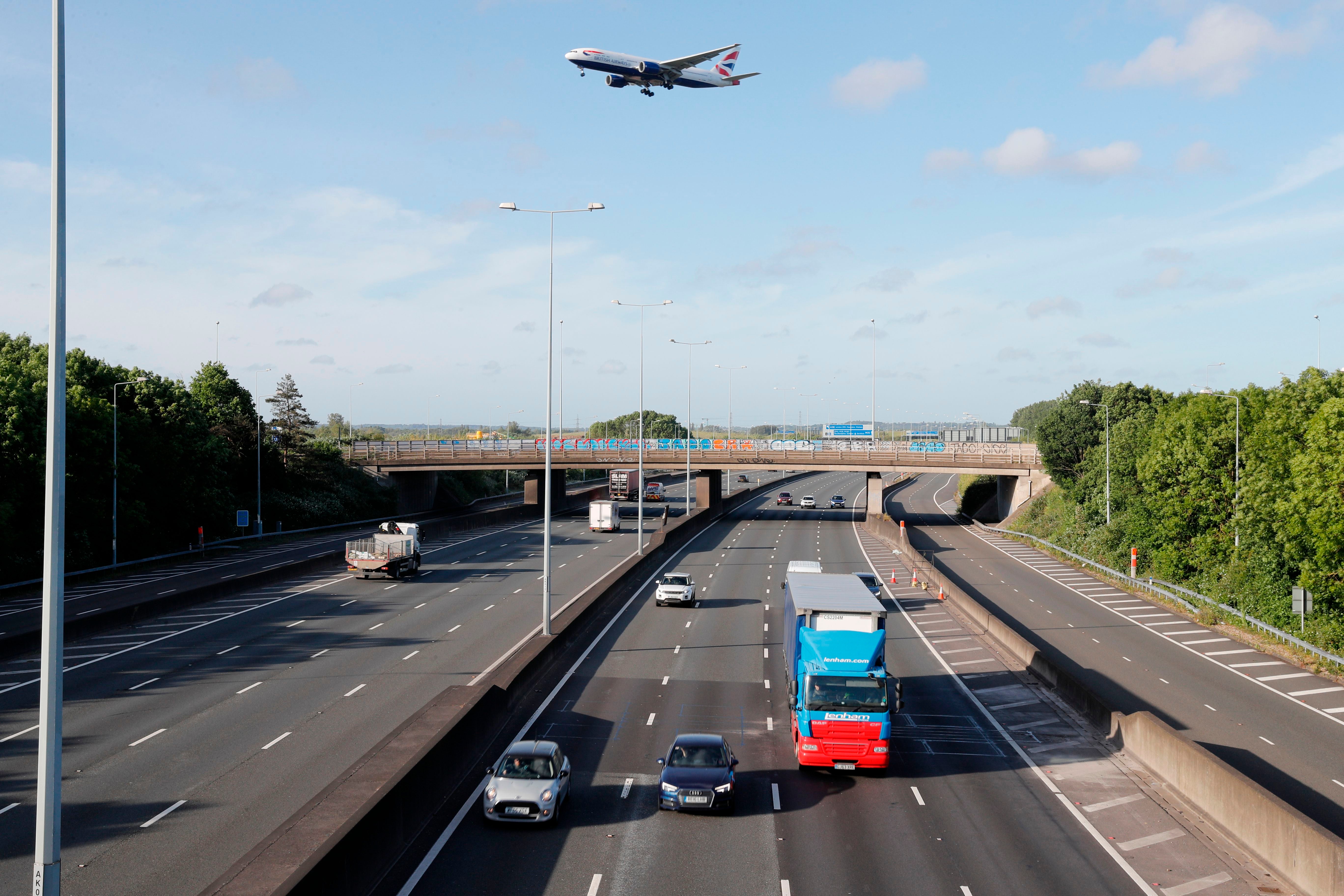Thames road project will create more than 5 million tonnes of carbon emissions, figures suggest
Tunnel stretching 4.3km could encourage more car journeys, say critics

A proposed multibillion-pound road which includes a tunnel underneath the Thames between Kent and Essex will contribute more than 5 million tonnes of carbon emissions, figures have suggested.
One of Highways England's main projects, the Lower Thames Crossing (LTC) is proposed to feature a 4.3km road tunnel running beneath the Thames, east of Gravesend.
It will connect to the M2 near Rochester in Kent and the M25 in Essex between North and South Ockenden on its 23.3km route.
According to emissions figures from Highways England, which were published in November following a Freedom of Information request and reported by the BBC, the construction of the project will emit an estimated 2 million tonnes of carbon dioxide.
The operational emissions cost of the project is expected to total 3.2 million tonnes of CO2 over a 60-year appraisal period.
While the advent and increasing use of electric cars should see the ultimate emissions cost come under the projections, campaigners believe the environmental impact of the proposal should have come under more scrutiny.
Chris Todd from the Transport Action Network told the BBC: “If the government is serious about tackling climate change, it can't keep ignoring the emissions roads are causing.”
Critics warn the scheme will increase car use in the east of the capital while damaging the natural environment.
Prime Minister Boris Johnson announced earlier this week an "ambitious" target to cut the UK's emissions by at least 68 per cent by 2030 as part of global efforts to curb climate change.
Last month, Mr Johnson unveiled a 10-point green plan for efforts to cut emissions, including phasing out conventional cars, increasing low carbon heating in homes, boosting offshore wind and rolling out hydrogen technology.
On the project's website, Highways England said: "The Lower Thames Crossing will improve the journeys for millions of road users, support tens of thousands of jobs, and create a new connection that will bring billions of pounds of economic benefit to build back the post-Brexit and post-Covid economy."
Join our commenting forum
Join thought-provoking conversations, follow other Independent readers and see their replies
Comments
Bookmark popover
Removed from bookmarks